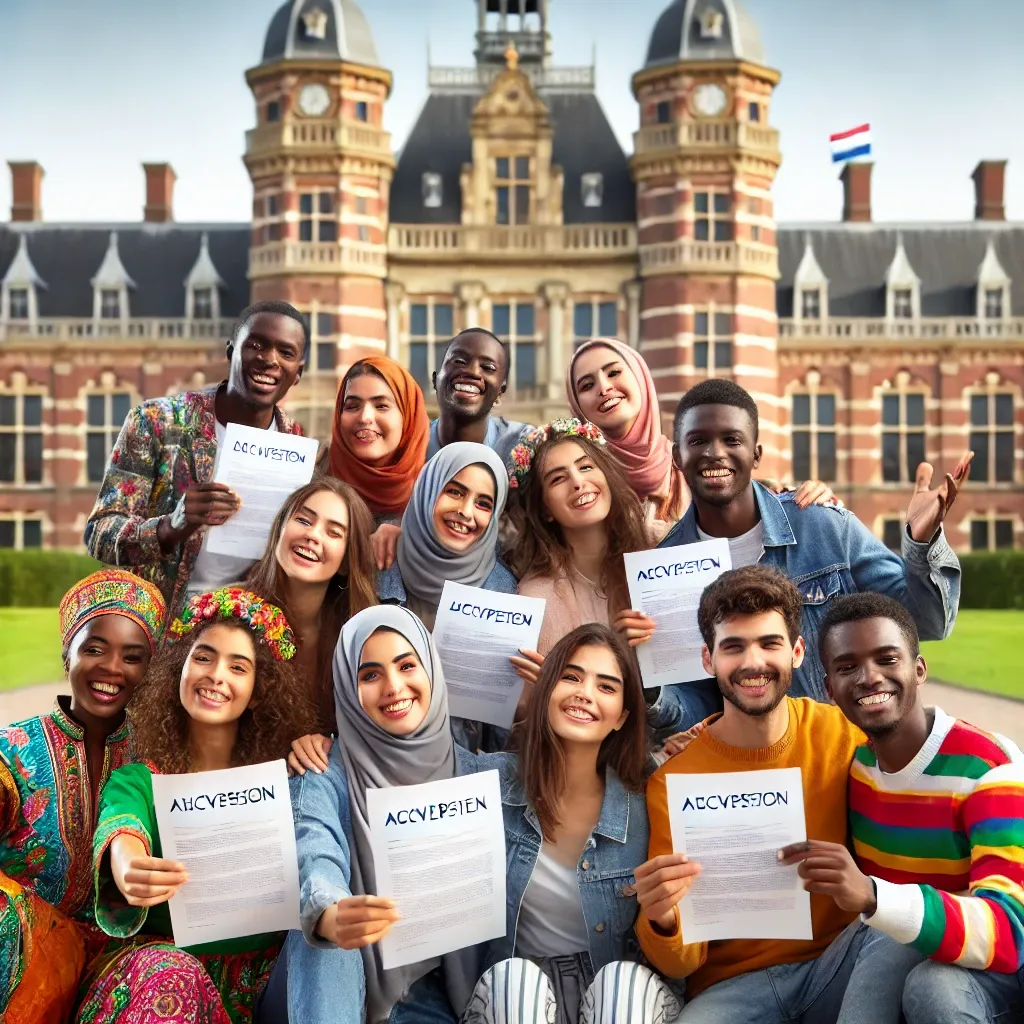From the 2023 round, the Newton International Fellowship will move to a Full Economic Cost model. For researchers at higher education institutions and UK Research Council supported Research Institutes, the Royal Society will provide funding at 80% of the FEC for Directly Incurred staff costs, Directly Allocated costs and Indirect costs. The Society will fund Independent Research Organisations at 100% Direct costs and up to 25% of Direct costs as a contribution to Overheads. This is part of the Society’s wider changes to our costing policy.
In applications to the Royal Society Newton International Fellowship, there will no longer be capped limits under each of the different budget headings. Instead, there will be a total maximum grant value for applicants to work within.
Additionally, Newton International Fellows will no longer be visiting researchers on a stipend, but salaried employees in receipt of a reasonable salary set by the host institution.
Fellowships awarded in the 2023 round will be awarded for three years’ duration instead of two.
Further detail on these changes is available in the scheme notes and in our costing policy guidance.
About the scheme
This scheme is jointly run by the British Academy and the Royal Society.
Research must be within the Royal Society’s remit of natural sciences, which includes but is not limited to biological research, chemistry, engineering, mathematics and physics. For a full list, please see the breakdown of subject groups and areas supported by the Royal Society.
Am I eligible to apply?
To be eligible to apply you must:
- have a PhD, or will have a PhD by the time the funding starts
- have no more than seven years of active full time postdoctoral experience at the time of application (discounting career breaks, but including teaching experience and/or time spent in industry on research)
- be working outside the UK
- not hold UK citizenship
- be competent in oral and written English
All applications are developed with the support of a UK sponsor. The Sponsor should work with the lead applicant to develop the project proposal and should provide mentoring, support and guidance throughout the duration of the award. For full details of all eligibility requirements, please read the scheme notes.
What is the scheme’s value and tenure?
Applicants in the 2023 round are permitted to apply for up to £350,000. This is a maximum value over three years.
For successful applicants in 2023, the Newton International Fellowships provide funding for three years, covering:
- basic salary as set by the host institution and associated on-costs
- research expenses
- relocation and visa costs for Newton International Fellows and their dependents (partner and children). The total grant cap may be exceeded in order to cover relocation/visa costs if this is well justified in the application.
- estate costs and indirect costs
The funding will be provided on a FEC basis as outlined in the Royal Society’s funding guidance.
The Newton International Fellowship is a flexible award. It can be held on either a full-time or on a part-time basis for health reasons and caring responsibilities. There is also provision for maternity, paternity, shared parental leave, adoptive or extended sick leave as well as financial support for childcare costs that arise from attending conferences and research visits.
Successful applicants may also be eligible to receive alumni funding following completion of their fellowship to support networking activities with UK-based researchers.
What is the application process?
Applications for the natural and physical sciences should be submitted through the Royal Society’s grants management system Flexi-Grant®.
Your application will go through the process detailed on the Making a grant application page, overseen by the Newton International Fellowships Physical Sciences and Biological Sciences Panels.
The Royal Society recognises that diversity is essential for delivering excellence in science, technology, engineering and mathematics (STEM). The Society wants to encourage applications from the widest range of backgrounds, perspectives and experiences to maximise innovation and creativity in science for the benefit of humanity. We regularly review and revise processes to help ensure that all talented applicants have an equitable chance to succeed as per the assessment criteria. This includes ensuring all panel members are briefed on unconscious bias in decision making as part of our assessment process.
Applications for the humanities and social sciences should be made to the British Academy.
If you are unsure about which academy to apply to, contact info@newtonfellowships.org.
Support for applicants with disabilities
The Royal Society welcomes applications from scientists with disabilities and provides adjustments to ensure that they can participate fully in the selection process. If you need an adjustment when accessing the application form, attending interviews, or for any other part of the application process, please contact the Grants team on info@newtonfellowships.org or +44 20 7451 2666. Adjustments can include, but are not limited to:
- extension of the deadline
- additional support to complete the application form
For more information regarding the scheme, please contact the Grants team on info@newtonfellowships.org or call us on +44 20 7451 2666.


Comments are closed.